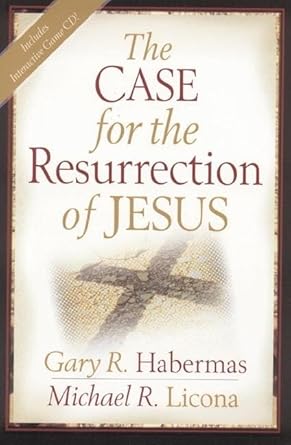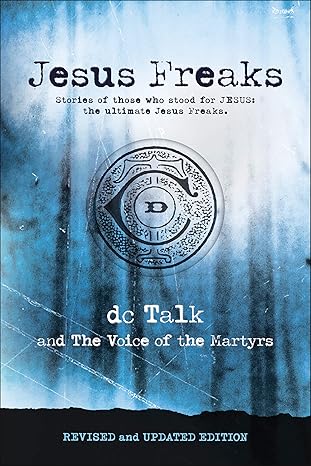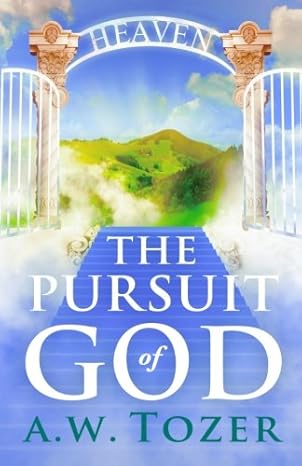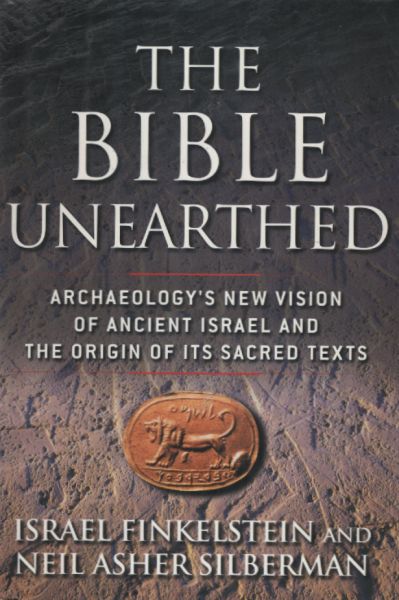
Can We Prove the Resurrection? The Case for the Resurrection of Jesus Book Review
Friday, March 26, 2004Here's a question that keeps both believers and skeptics up at night: Is the resurrection of Jesus actual history, or is it just a beautiful story we want to believe? It's the kind of question that can either strengthen your faith or unravel it completely. That's exactly why Gary R. Habermas and Michael R. Licona wrote The Case for the Resurrection of Jesus—and honestly, I'm grateful they did.
This isn't a book that asks you to "just have faith" and leave your brain at the door. Instead, the authors roll up their sleeves and dig into the historical evidence, building their case the same way a detective builds a murder investigation. In this review, I'll walk you through what makes this book worth your time and help you figure out if it's right for you.
About the Book and Authors
If you're going to read a book about the resurrection, you want it written by people who've done their homework. Gary R. Habermas has spent literally decades studying the resurrection—this guy has made it his life's work. Michael R. Licona is cut from the same cloth: a historian and apologist who actually listens to skeptics instead of just shouting past them. When these two team up, you know you're in good hands.
What I love about their approach is something they call the "minimal facts approach." Think of it like this: instead of starting with "The Bible says it, I believe it, that settles it," they ask, "What do even the skeptical scholars agree happened?" They focus on the facts that almost everyone—believer or not—accepts as historically solid. We're talking about things like Jesus's crucifixion, the disciples genuinely believing they saw Him alive, the surprising conversions of skeptics like Paul and James, and yes, the empty tomb.
Then they do something really smart: they look at all the alternative explanations people have come up with over the centuries and test them against the evidence. It's like trying on different pairs of shoes to see which one actually fits. Spoiler alert: they argue that resurrection fits the facts better than any other explanation.
The book itself is surprisingly interactive. You'll find charts, quizzes, and discussion questions scattered throughout. It's not the kind of book you just highlight and forget—it's designed to help you actually learn and retain what you're reading.
The Good: What Makes This Book Stand Out
Let me tell you what really impressed me about The Case for the Resurrection of Jesus.
First off, it's readable. I mean really readable. Habermas and Licona could have buried us in academic terminology and footnotes (trust me, they have the credentials to do it), but they chose to write like they're sitting across the table from you at a coffee shop. They explain complex historical methods in ways that make sense without dumbing anything down. If you can follow a good sermon or Bible study, you can follow this book.
The minimal facts approach is genius. Imagine you're having a conversation with a friend who doesn't believe in Christianity. If you start every sentence with "Well, the Bible says..." you're probably going to hit a wall pretty quickly. But what if you could say, "Hey, here are some facts that even skeptical historians agree on—let's start there and see where the evidence leads us"? That's what this book equips you to do. It's apologetics that actually works in real conversations.
I also appreciate how fairly they handle the objections. You know how sometimes Christian books create straw-man arguments just to knock them down? Not here. Whether they're dealing with the hallucination theory, the conspiracy theory, or the idea that Jesus didn't really die on the cross, Habermas and Licona take each argument seriously. They wrestle with the best versions of these objections, not the weakest ones. That kind of intellectual honesty builds credibility.
And those interactive elements I mentioned? They're more than just filler. The quizzes actually help you process what you've learned, and the charts give you something concrete to reference when you're trying to remember the key points. It's perfect for small groups or anyone who likes to study actively rather than passively.
The Not-So-Good: A Few Things to Keep in Mind
Now, I want to be honest with you about where this book might not be the perfect fit.
If you're looking for a devotional that will warm your heart and encourage your spirit, this probably isn't it. Don't get me wrong—there's something deeply encouraging about seeing the historical foundations of our faith. But this is more like a courtroom defense than a fireside chat. The tone is academic, the structure is logical, and the focus is on evidence. Some readers find that energizing; others find it a bit dry.
Also, the book is laser-focused on the question "Did the resurrection happen?" rather than "What does the resurrection mean for my life?" If you're looking for deep theological reflection on how the resurrection should shape your daily walk with Christ, you might finish this book wishing there was more. The authors stay firmly in the realm of historical argument, and while that's their strength, it does mean you won't get as much spiritual application as you might want.
Finally, if you're someone who believes faith and evidence shouldn't mix—that asking for proof somehow cheapens belief—this book might rub you the wrong way. It's written for people who think questions are healthy and evidence matters. That's not everyone's cup of tea, and that's okay.
Who Is This Book For?
The Case for the Resurrection of Jesus is perfect for:
- Christians who love apologetics and want solid answers to share when friends ask tough questions
- Believers experiencing doubt who need to know their faith rests on historical bedrock, not wishful thinking
- Honest skeptics willing to follow the evidence wherever it leads (yes, even if it leads to faith)
- College students navigating challenges to Christianity in academic settings
- Small groups or Sunday school classes ready to dig deeper than surface-level discussions
- Anyone who's ever wondered, "Is the resurrection of Jesus historically proven, or am I believing a myth?"
Final Verdict: This Book Might Just Change Your Perspective
Here's my bottom line: The Case for the Resurrection of Jesus is one of the most important apologetics books you can read. Habermas and Licona have given us something rare—a book that's both intellectually rigorous and surprisingly accessible, scholarly yet practical.
Whether you're a believer wanting to understand the "why" behind your faith, a skeptic genuinely curious about Christianity's central claim, or a parent trying to prepare your kids for the questions they'll face, this book belongs on your shelf. Will it answer every question you have about faith? No. But it makes a rock-solid case that the resurrection isn't just something we believe—it's something that actually happened in history.
And honestly? That changes everything.
If you've been wrestling with whether the resurrection is real or just a beautiful legend, this book gives you the tools to investigate honestly and reach an informed conclusion. Sometimes the most spiritual thing we can do is think clearly. This book helps you do exactly that.
More Books
Comments



